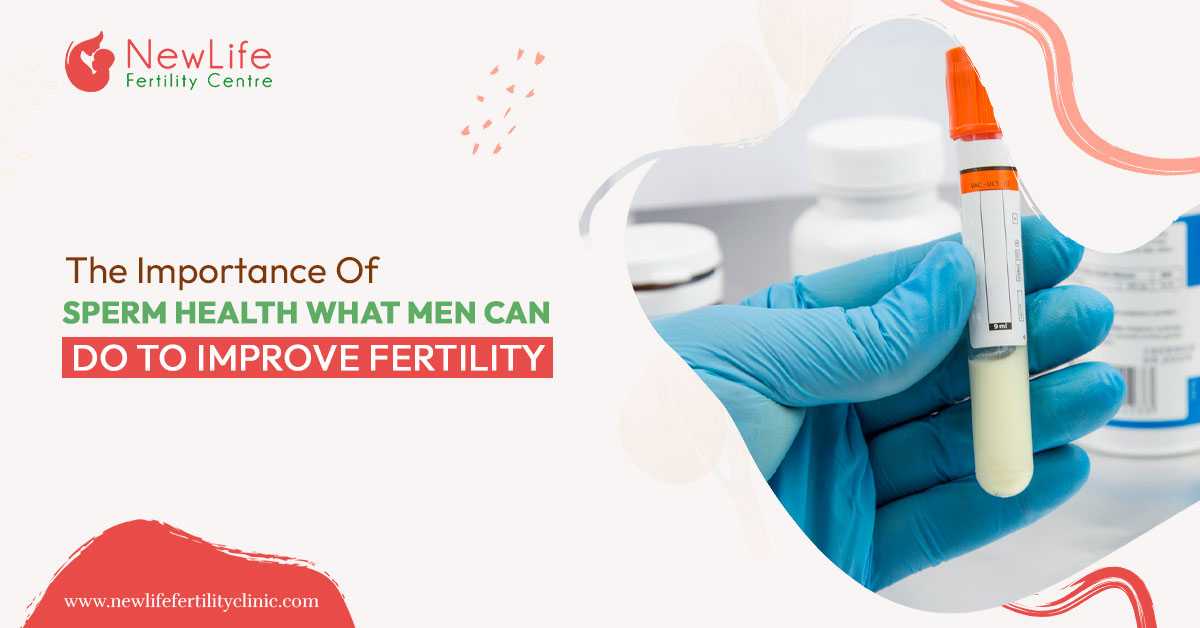IVF or in vitro fertilization, aids in the process of fertilization, embryo development, and implantation so that you can become pregnant. One of the most well-known forms of assisted reproductive technology (ART). IVF works by helping sperm fertilize an egg and helping the fertilized egg implant in your uterus through a combination of medications and surgical procedures.
IVF involves numerous steps and can take several months to complete. Although it sometimes works on the first try, many people need more than one IVF cycle to conceive. If you want the best way to get pregnant, search the IVF center near me. If you're having problems with your fertility, it definitely makes it more likely that you'll get pregnant.
IVF treatment can be useful in the following conditions such as:
- Blocked fallopian tubes
- Male infertility
- Ovulation disorders,
- Premature ovarian failure
- Uterine fibroids
- Genetic disorder
- Unexplained infertility
Taking fertility medications for several months to assist your ovaries in producing several mature eggs that are ready for fertilization is the first step in IVF. The term for this is "ovulation induction." To monitor your hormone levels and egg production, you might have regular ultrasounds or blood tests.
Your doctor will remove the eggs from your body (egg retrieval) once your ovaries have produced enough mature eggs. A minor surgical procedure, egg retrieval can be performed at a fertility clinic or your doctor's office.
Insemination is the process of mixing your eggs with sperm cells from a partner or a donor in a laboratory. Fertilization takes place after the eggs and sperm are kept together in a special container. One or more embryos are implanted into your uterus between three and five days after the egg retrieval.
The doctor inserts the embryo directly into your uterus through a thin tube that is inserted through your cervix. If any of the embryos attach to your uterine lining, you become pregnant. A fertility clinic is where embryo transfer takes place, and it usually doesn't hurt.
Emotionally, IVF can be difficult for both the person undergoing the procedure and their partner and/or family. Depression and anxiety plague many IVF patients throughout the treatment process.
Women will first have their ovarian reserve tested before IVF can begin. A blood sample is taken and the follicle-stimulating hormone (FSH) level is measured. Your doctor will learn about the size and quality of your eggs from the results of this test.
However, sperm testing will be required for men. A sperm sample must be provided for this, and the number, size, and shape of the sperm will be examined in a laboratory. IVF may be needed if the sperm are weak or damaged. The IVF procedure also includes ICSI. Look for an IVF center near me to get the best results.




